
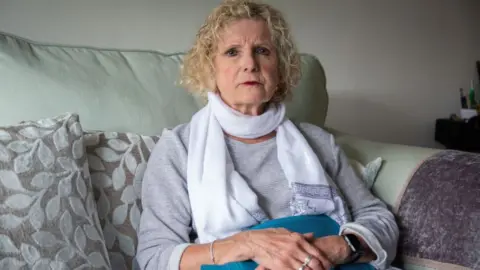 BBC
BBC
Sian Jones says she hopes the new service will help improve access to medication for women suffering from UTIs
A woman who has endured the pain of urinary tract infections (UTIs) all her adult life has welcomed the news that 99% of pharmacies in Wales will now able to treat the condition without a visit to the GP.
Sian Jones, 72, has suffered from recurrent "debilitating" urinary tract infections for more than 50 years, and has lost two premature babies as a result.
"Imagine, on a Friday afternoon, having a urine infection, and you've got to wait till Monday to see a GP - if you're lucky - to have an appointment," she said. "I think this will be an excellent way forward."
The new pharmacy service only applies to women aged between 16-64, due to the complexity of treating chronic UTIs in old age.
Ms Jones, from the Vale of Glamorgan, says she was born "with a defect in my kidneys" and has suffered with UTIs every other month since she was 18 years old.
"I had problems in pregnancy; I had two premature babies because of the way my kidneys were and my UTIs. It's just something I've had to endure all my life."
She said the new measures, which allow pharmacies to issue medication independently, "wouldn't help me" - because she is over 70 - "but if it helps anybody after the age of 16 to 64, I think it'd be welcomed."
"When I have a UTI, I know I'm hopeless - I can't do anything," Ms Jones previously told the BBC.
She said she tries to keep healthy, and self-medicate with cranberry juice and vitamins, but often needs medication to get better.
Speaking to BBC Radio Wales Breakfast on Thursday, she said: "After three days [trying to manage the pain], you get the bearing-down feeling and the pain in your back, and you know that it's a full-on UTI, and you have to access your GP".
She said she has learned to live with it "over and over again", but describes it as "so debilitating".
"It's one of those things, unfortunately, as women that we have to endure."

 Lowri Puw
Lowri Puw
Pharmacist Lowri Puw said patients with UTIs should call ahead to arrange when medication can be picked up from a pharmacy
Lowri Puw, a 31-year-old pharmacist in Caernarfon - and a member of Welsh Pharmacy Board - said giving more responsibility to pharmacists was "fantastic news", allowing more patients to access UTI medication in a "timely manner, so the infection doesn't get worse".
She recommends calling ahead to make an appointment, to avoid unnecessary trips to the pharmacy.
She said the service was for women only, as UTIs in men are rare - and "if a man does get a bacterial infection, a GP would need to do blood tests to make sure there is no risk of prostate cancer".
And she said it was important to exercise caution around UTI prescriptions for older women.
"As women get older - and if they have more chronic recurrent urinary infections - the infection is more likely to become resistant to the antibiotics that we would normally prescribe.
"So in those cases, the sample would need to be sent off to the microbiology lab before treatment is started - just to make sure that we're treating the right bugs."
"The last thing you'd want is for you to be getting the incorrect treatment, and it gets worse as opposed to being getting better."
However, while welcoming the move to pharmacy care, Ms Puw warned it was essential to "make sure there is funding in place to upskill" staff, adding community pharmacy teams were already "overstretched".
Community Pharmacy Wales is understood to be in "talks with the Welsh government on that front".
What are the symptoms of a UTI?
According to the NHS, signs of a UTI may include:
- pain or a burning sensation when peeing (dysuria)
- needing to pee more often than usual
- needing to pee more often than usual during the night (nocturia)
- needing to pee suddenly or more urgently than usual
- pee that looks cloudy
- blood in your pee
- lower tummy pain or pain in your back, just under the ribs
- a high temperature, or feeling hot or cold, and feverish
- a very low temperature below 36C
- feeling tired or weak
- pee may also be dark or smell. However, if this is your only symptom, it might be because you've not been drinking enough water.

 German (DE)
German (DE)  English (US)
English (US)  Spanish (ES)
Spanish (ES)  French (FR)
French (FR)  Hindi (IN)
Hindi (IN)  Italian (IT)
Italian (IT)  Russian (RU)
Russian (RU)  3 weeks ago
3 weeks ago
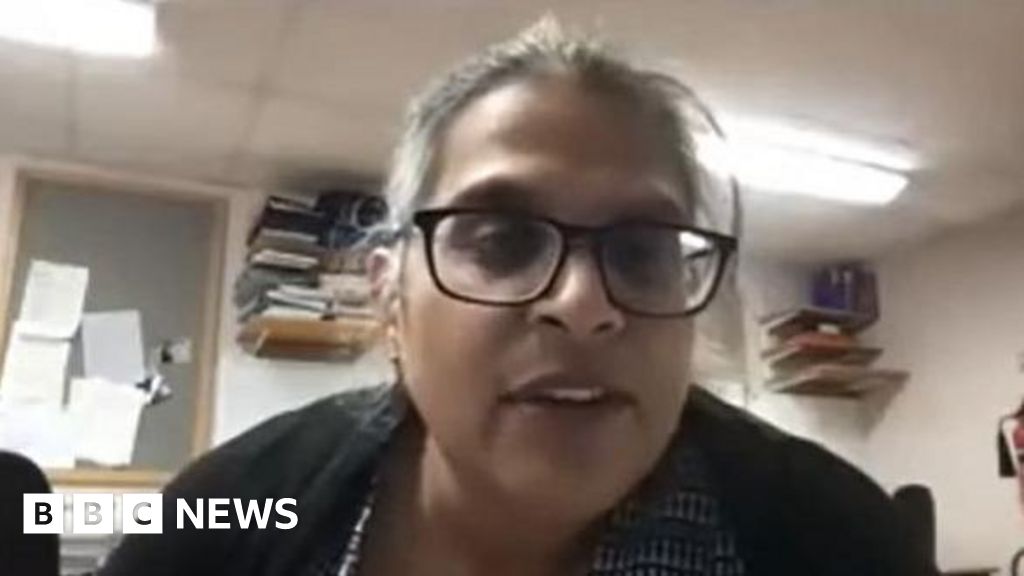


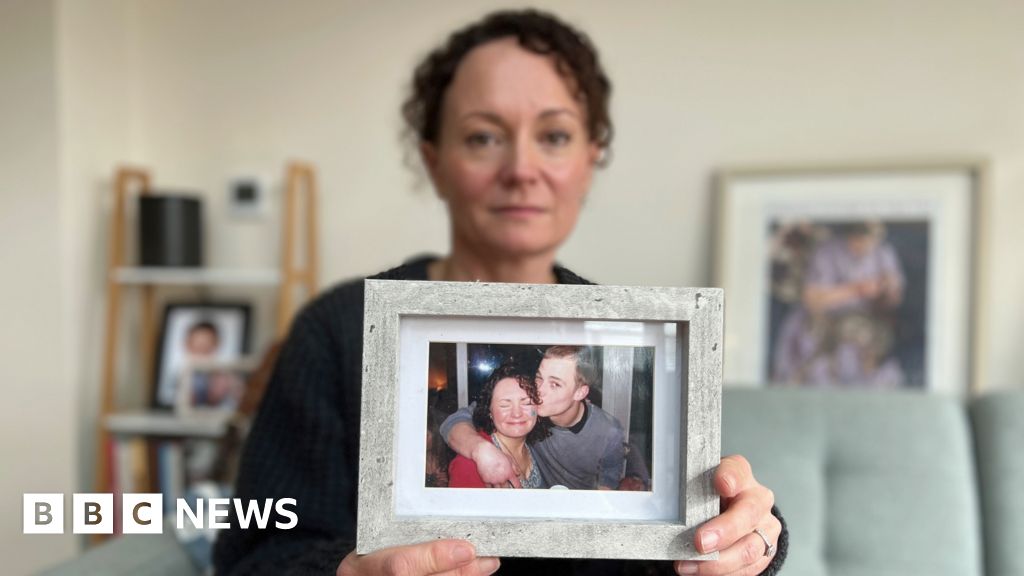
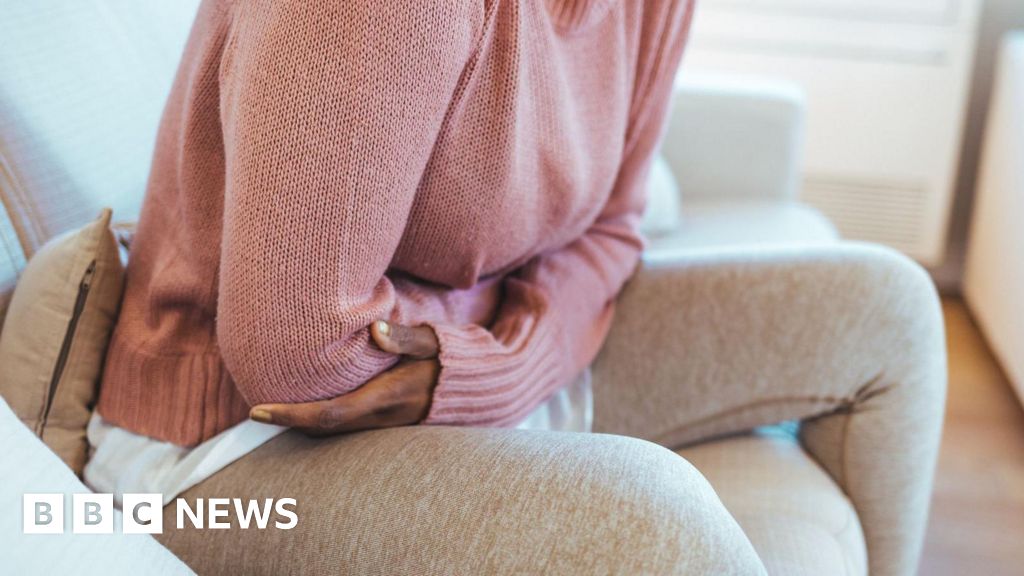

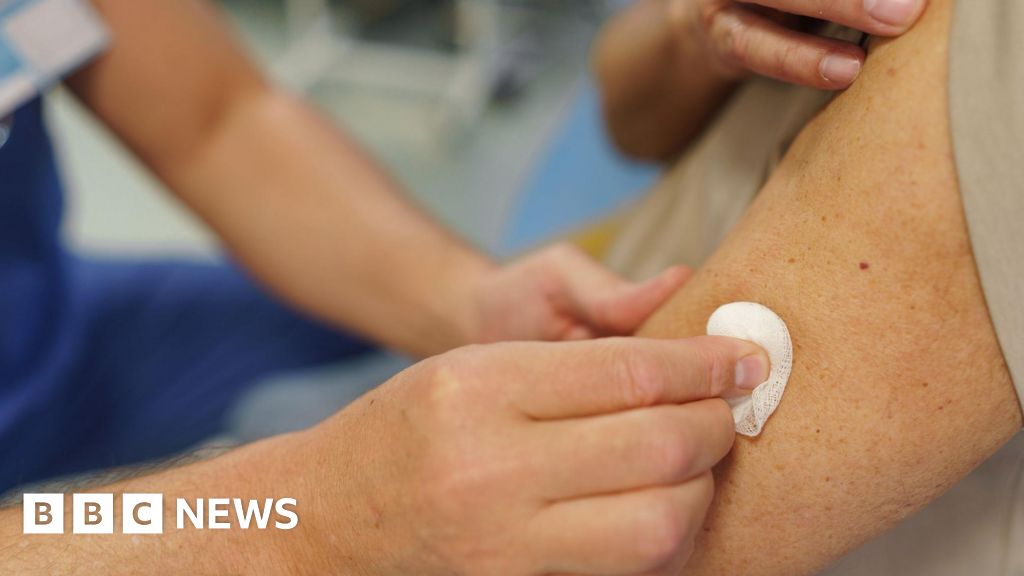
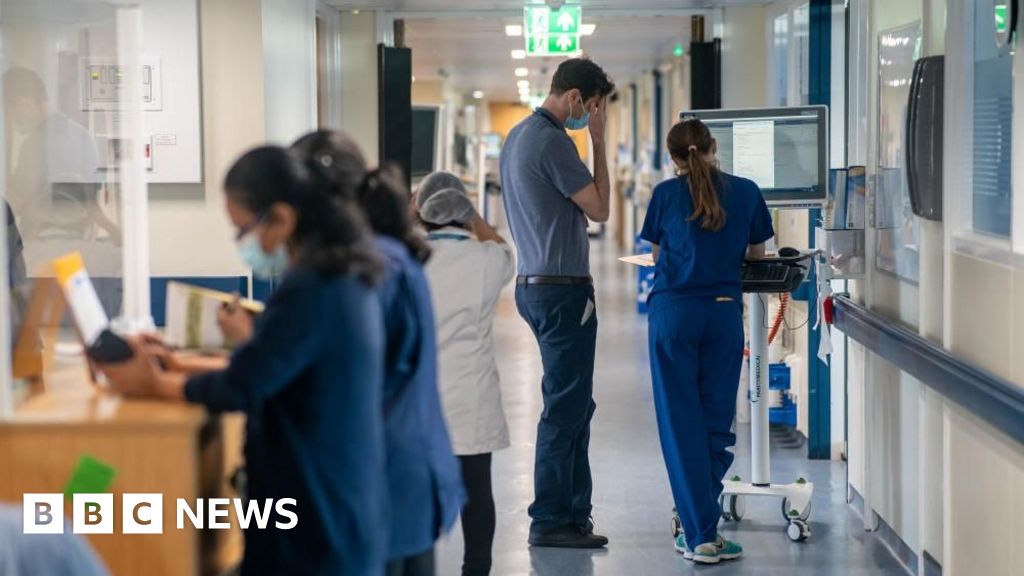

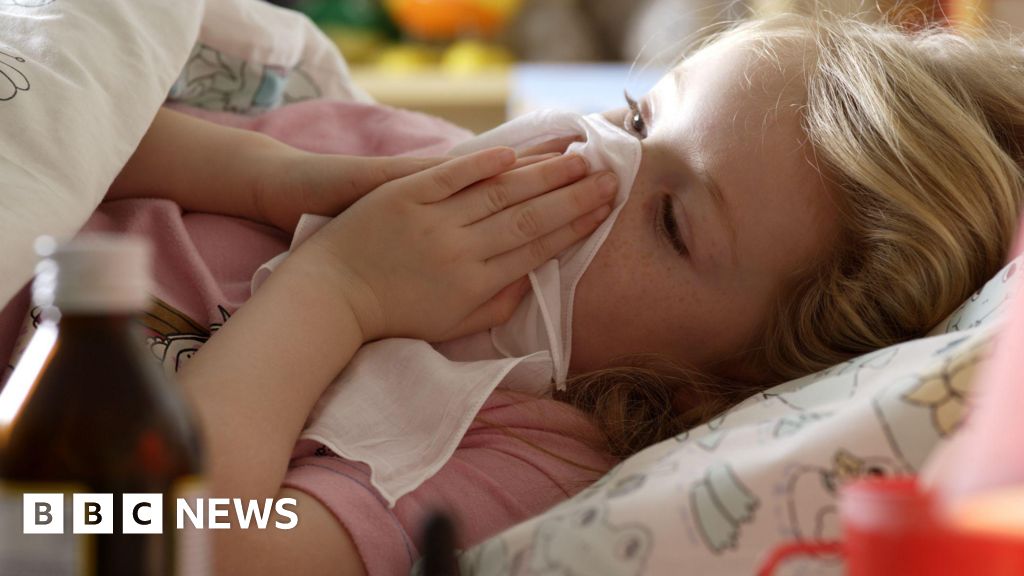
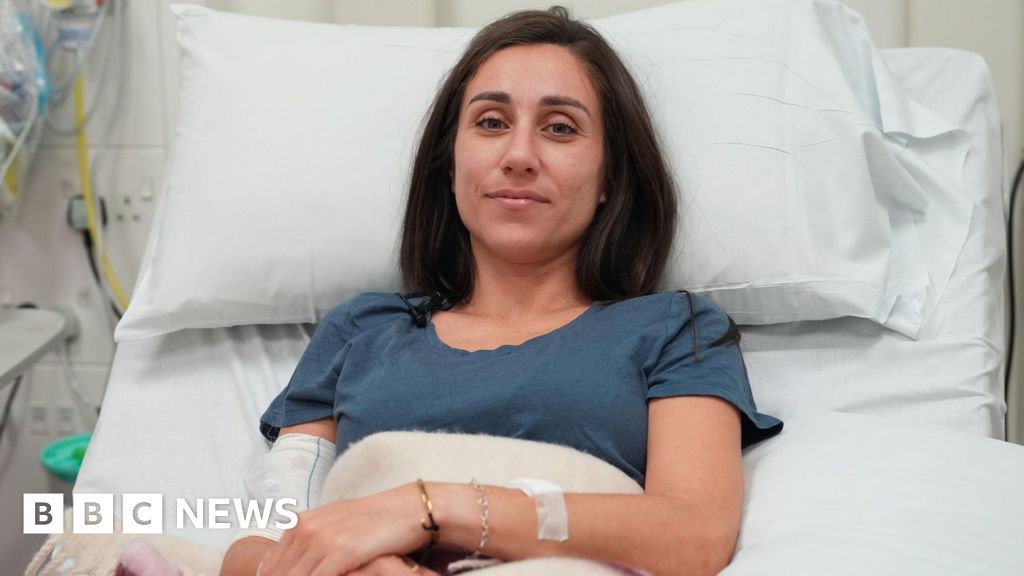
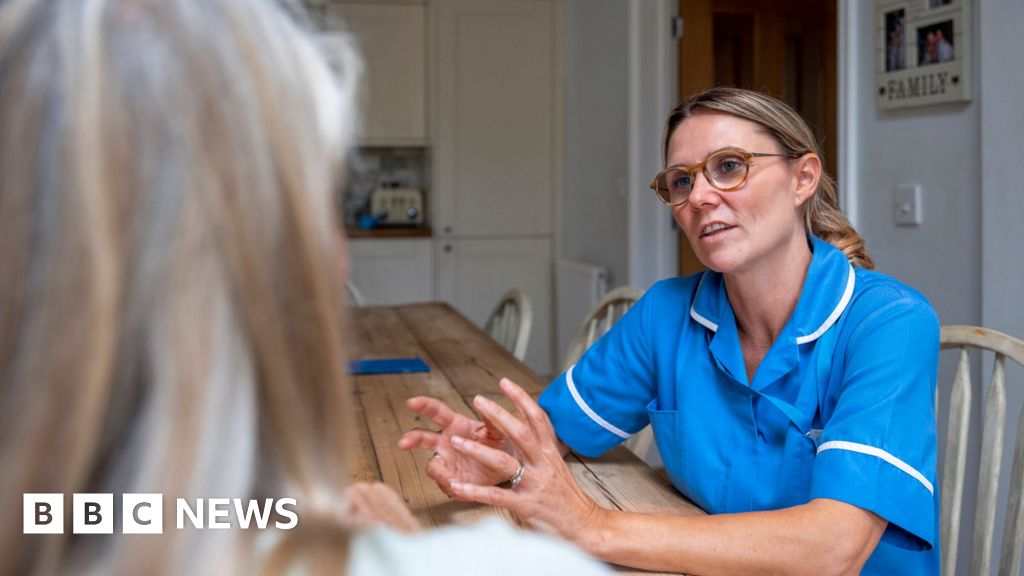












Comments